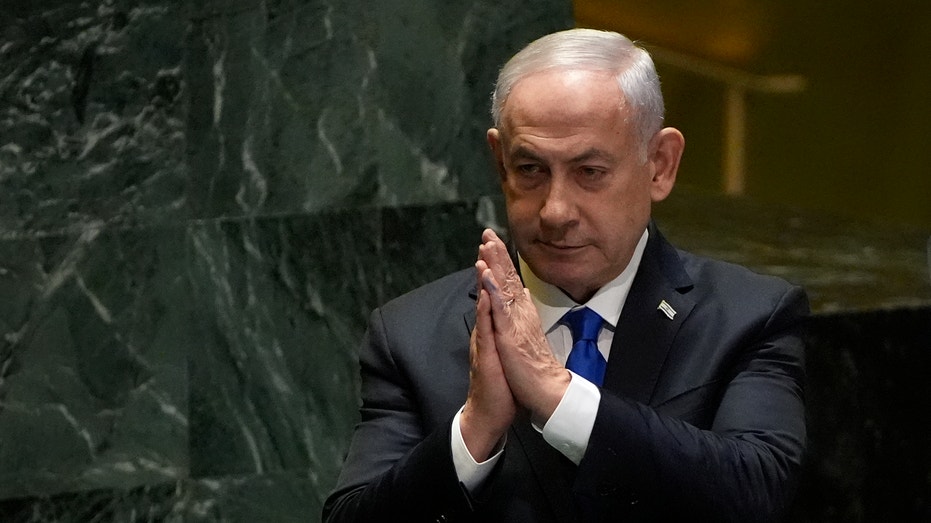For Meadows, the opinion brought a double dose of bad news. It noted that even if the removal statute did apply to former federal officials, Meadows still loses because the conduct under which he is charged was not part of his duties as chief of staff.
The opinion said the underlying act charged against Meadows in the RICO charge “was his alleged association“ with the conspiracy to overturn the presidential election.” And his official duties “did not include superintending state election procedures or electioneering on behalf of the Trump campaign.”
Moreover, Pryor wrote, “we conclude that Meadows’s association with the alleged conspiracy was not related to his office of chief of staff.
The 11th Circuit’s 47-page decision upholds a ruling from U.S. District Judge Steve Jones. After an evidentiary hearing in which Meadows took the stand, Jones said Meadows was not acting in his federal capacity when he took action in Georgia following the 2020 election.
Meadows’ attorney did not immediately respond to a request for comment. Meadows is expected to appeal the ruling. But because Pryor is one of the court’s most conservative jurists and one of its intellectual leaders, that may not bode well for the former White House chief of staff.
A spokesman for Fulton County District Attorney Fani Willis declined to comment.
The lightning-quick ruling is a major victory for Willis, who has fought with Meadows and four other defendants to keep the case in Fulton Superior Court. She is hoping to try the case’s remaining 15 defendants together next summer.
The 190-year-old statute that allows federal officials to try and transfer their state prosecutions to federal court “applies to only current officers,” Pryor wrote. “It is silent on the removal of a prosecution commenced against a former officer of the United States.”
This led Rosenbaum, in a concurring opinion, to ask Congress to promptly amend the law so that it extends to former officials.
She posed a hypothetical of a former president and his or her cabinet members being indicted in 16 states where their policies were unpopular and “simply for carrying out their constitutionally authorized duties.” It’s likely they would be treated fairly in the courts of those states, but “given the local sentiment that led to the indictments in this hypothetical scenario, it’s also possible they would not.”
She added, “This nightmare scenario keeps me up at night. In my view, not extending the federal-officer removal statute to former officers for prosecutions based on their official actions during their tenure is bad policy, and it represents a potential threat to our republic’s stability.”
In August, Meadows was charged with two felonies: RICO and soliciting Secretary of State Brad Raffensperger to violate his oath of office during the infamous Jan. 2, 2021, phone call with Trump. During the call, the then-president asked the secretary to “find” him 11,780 votes, enough to overturn Georgia’s results.
Also, Pryor wrote, “the ordinary meaning of ‘officer’ does not include ‘former officer.’”
The court rejected arguments from Meadows’ lawyers that because another section of the statute refers to former officers, it should be read in conjunction with the section that refers only to current officers.
”Congress has had ample opportunity to modify the discrepancy … but it has not done so,” Pryor wrote.










